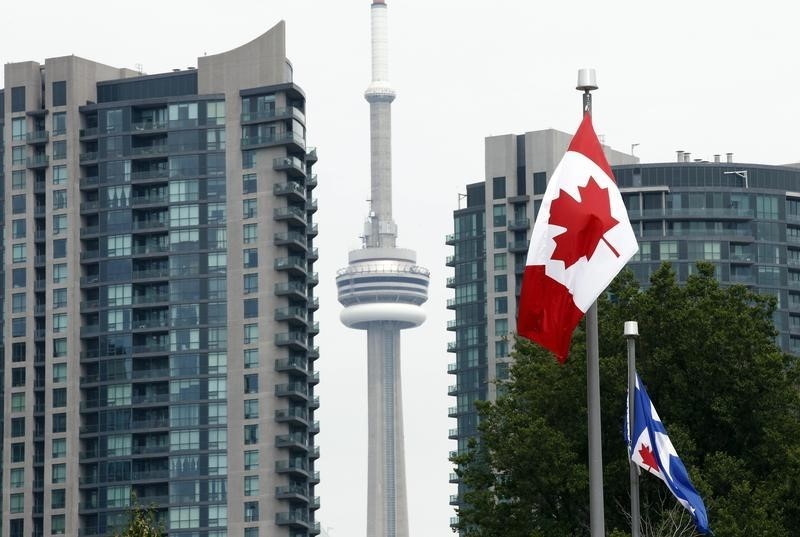Baystreet.ca - Canada’s inflation rate declined to an annualized rate of 2.5% in July, its lowest level since March 2021.
Statistics Canada said the July inflation reading was down from a 2.7% annualized rate in June of this year.
Lower prices for travel tours, motor vehicles and electricity exerted downward pressure on consumer prices during July, said the federal statistics agency.
On a monthly basis, inflation across Canada rose 0.4% in July after decreasing 0.1% in June.
Higher gas prices, which increased 2.4% during July, were mostly responsible for the monthly rise in inflation.
Sales of motor vehicles fell 1.4% year-over-year in July, building on a 0.4% decline in June. Prices for used vehicles dropped 5.7% in July as available inventory of new vehicles improved.
Additionally, mortgage interest costs continued to slow year-over-year, rising 21% in July compared with 22.3% advance in June.
Across the country, inflation slowed the most in Prince Edward Island and Nova Scotia during July due to decreases in gas and fuel oil prices.
Core inflation, which strips out volatile food and energy prices, declined to an annualized rate of 2.2% in July, down from 2.3% in June of this year.
The Bank of Canada targets inflation at a 2% annualized rate, or the midpoint of a 1% to 3% range.
Canada’s inflation rate peaked above 8% in June 2022 before steadily declining amid higher interest rates.
